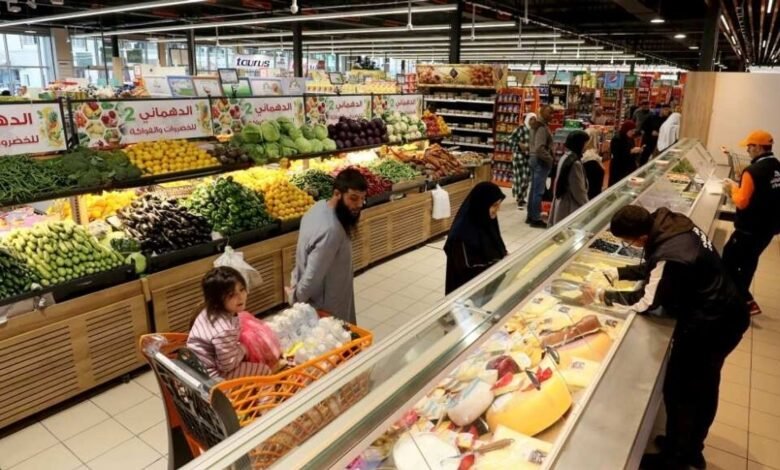Inflation, Currency Woes Hit Hard

As the Muslim holy month of Ramadan draws near, many Libyan families find themselves caught in the throes of an escalating economic crisis. With Africa’s largest oil reserves, Libya’s paradox of plenty has never been more pronounced. The country’s currency depreciation has led to soaring consumer prices, making basic necessities increasingly out of reach for the average citizen.
Deepening Economic Strife
Libya’s dinar, once stable, has suffered a dramatic fall in value on the parallel market, exacerbating an already dire situation for families like Mohamad al-Weheshi‘s. Earning a modest income, al-Weheshi and many others face the grim prospect of a Ramadan without traditional staples such as meat. Economic analyst Abubakr al-Tur points to a critical situation marked by rising prices and currency devaluation, leading to widespread business closures and layoffs. This financial downturn spares only the wealthiest, leaving the majority of Libyans grappling with diminished purchasing power and the inability to secure basic products.
Government Response and Challenges
Interim Prime Minister Abdulhamid Dbeibah has voiced his government’s concern and determination to stabilize the dinar. Despite these assurances, Libya’s recovery from years of conflict and division remains slow, with ongoing instability and corruption further hindering progress. The government’s efforts, including major infrastructure projects under the “Return to Life” economic programme, have yet to sufficiently address the underlying issues. The central bank’s recent measures to ensure financial stability, while well-intentioned, have inadvertently contributed to the crisis by restricting access to foreign currency and delaying state salary and pension payments.
Impact on Daily Life
The cost of living crisis has hit Libyan households hard, with the elderly and retirees suffering significantly. Subsidies that once kept food prices low have been adjusted to match the dollar’s value on the parallel market, leading to sharp increases in the cost of basic foodstuffs. As families like al-Werfalli’s struggle to make ends meet, the anticipation of Ramadan brings more anxiety than joy. The government faces the daunting task of navigating these economic challenges while trying to maintain social cohesion and stability amidst ongoing political fragmentation.
As Libya confronts this economic turmoil, the path to stability and prosperity seems fraught with obstacles. The situation underscores the urgent need for comprehensive reforms and a unified approach to governance that can address the deep-seated issues plaguing the country. Without significant changes, the economic woes facing Libyan families are likely to persist, casting a shadow over the festive season and beyond.





